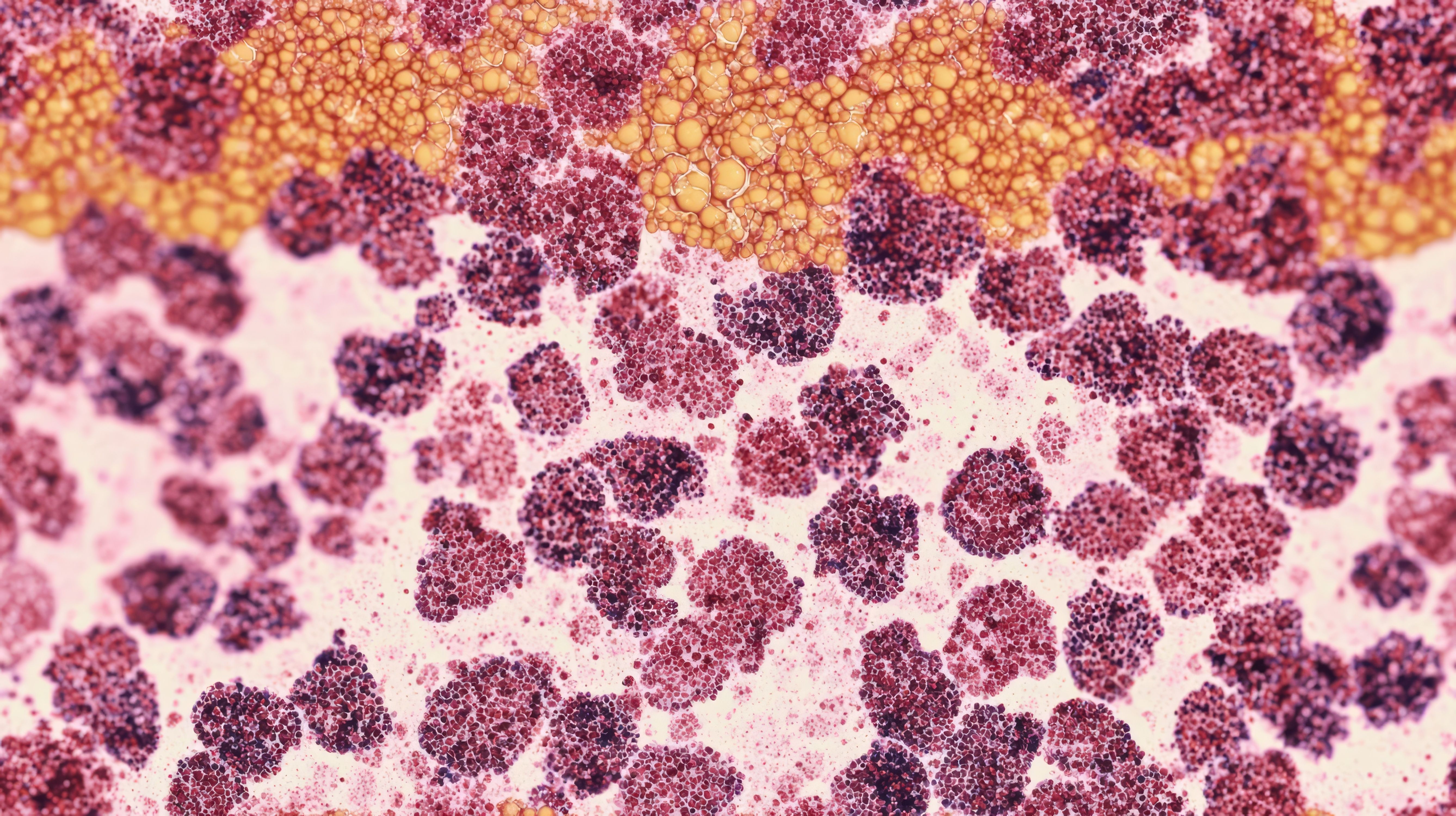Article
Hepatitis C Treatment Outcomes Influenced by Genetics
Author(s):
Patient genotypes of in both hepatitis C and advanced cirrhosis may help predict outcomes with direct-acting antiviral drugs.
Identifying the genotype of people who have both hepatitis C and advanced cirrhosis may help doctors predict the likelihood that these patients will improve with direct-acting antiviral (DAA) drugs. This early knowledge could minimize the need for liver transplants, a new study suggests.
“Our findings further the move toward precision medicine,” said Winston Dunn, MD (pictured), the lead author and associate professor at the University of Kansas Medical Center in Kansas City.
“We can potentially use a person’s genetic makeup to identify individuals who can benefit most from hepatitis C treatment, even at a very late stage in the progression of their liver disease.”
Antiviral pills can cure most HCV patients in a shorter time with fewer side effects than previous interferon-based treatments. But some people with decompensated cirrhosis, a serious type of liver damage often accompanied by confusion, swelling, and jaundice, fail to improve or deteriorate further even after taking DAA medicines, the researchers said.
Dunn and his team hypothesized that there could be a genetic explanation for the differing outcomes. They focused on the Rs738409 single nucleotide polymorphism, a variation in a single base pair of DNA in the PNPLA3 gene. The gene provides instructions for making a protein found in fat and liver cells and is the most important genetic risk factor for both alcoholic liver disease and nonalcoholic fatty liver disease, according to the researchers. There are 3 genotypes an individual can have in the gene: CC, CG, or GG.
The doctors followed 32 people with decompensated cirrhosis at the University of Kansas Medical Center. These patients had initially achieved sustained virologic response (SVR), or elimination of the hepatitis virus, after DAA treatment. Twelve to 48 weeks after SVR, researchers tracked changes in two measures that assess the severity of chronic liver disease: the Model for End-Stage Liver Disease (MELD) and the Child-Pugh (CPT) scores.
Five of the 16 patients with the CG or GG genotypes experienced worsened MELD or CPT scores. In comparison, only one with the CC genotype declined in either their CPT or MELD results. The findings suggested that screening for the CG and GG genotypes could help identify individuals who are less likely to recover after achieving a cure of their hepatitis C, Dunn said.
“Until now, we have not had a method to distinguish between the individuals who would recover given equal severity in baseline disease,” he added.
Dunn said his team would examine the underlying mechanisms that may explain why the presence of these genotypes lead to worsened health outcomes.
The study was presented at Digestive Disease Week in Chicago on May 7. The Frontiers Pilot and Collaborative Studies Funding Program provided financial support, which contribute backing to scientists around the Kansas City region.
Newsletter
Stay informed on drug updates, treatment guidelines, and pharmacy practice trends—subscribe to Pharmacy Times for weekly clinical insights.




